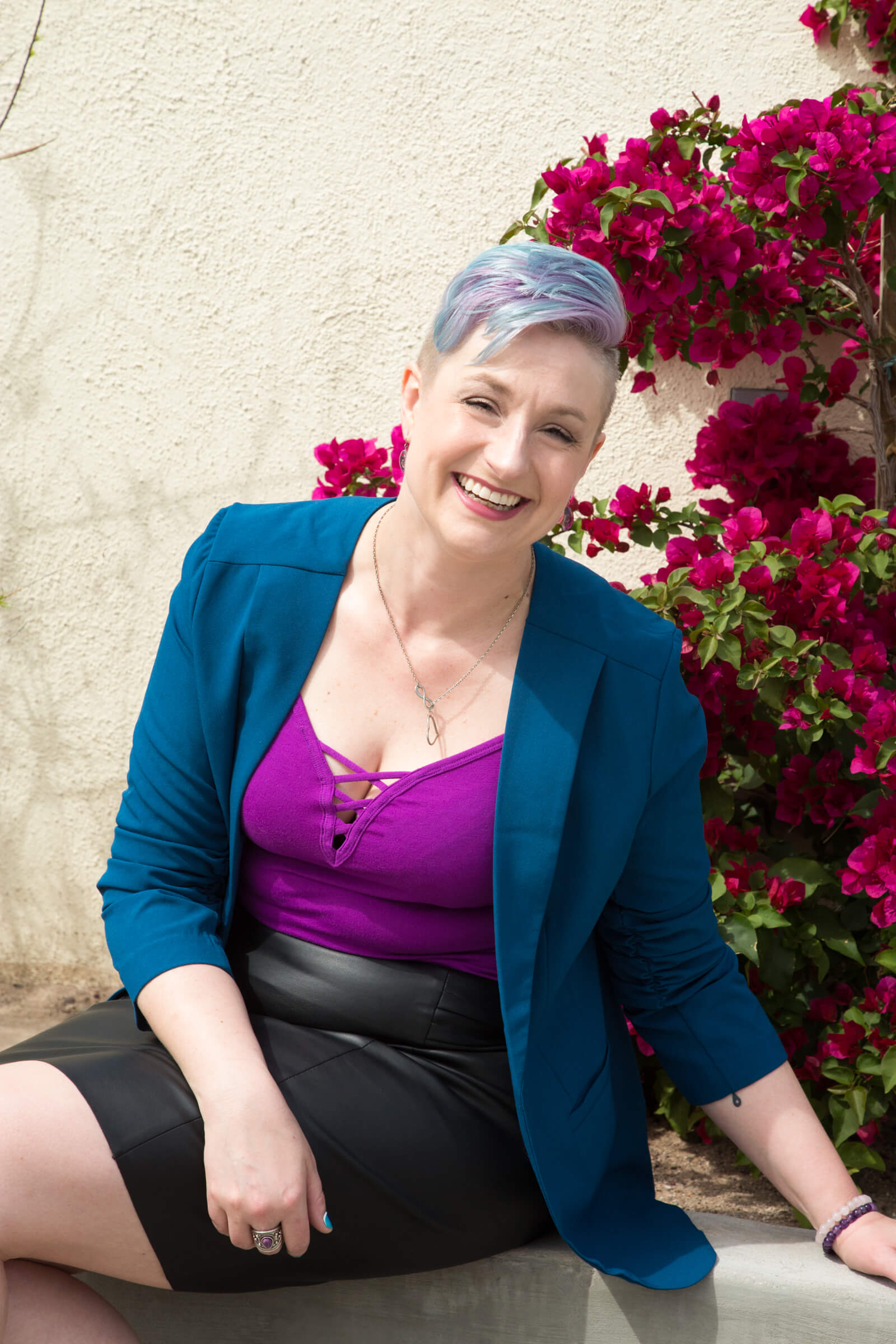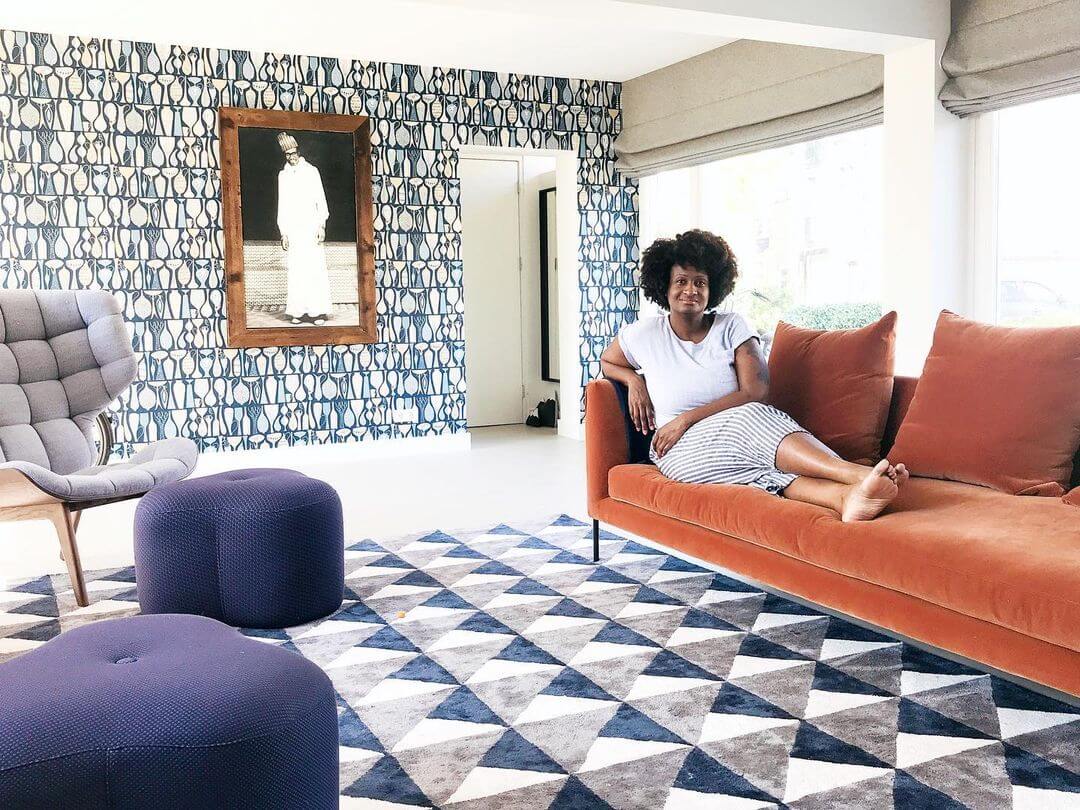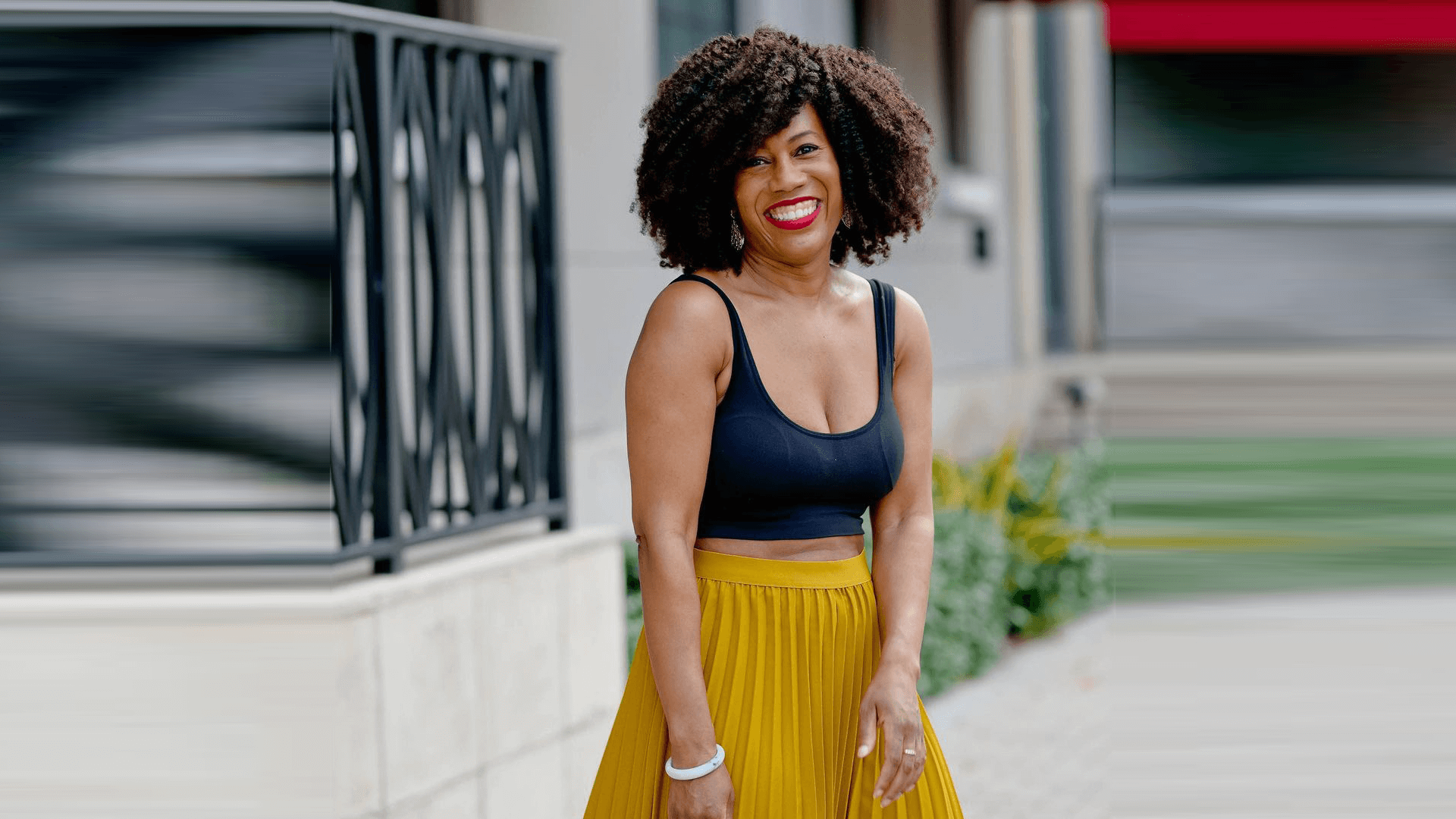Dr. Liz Powell believes that great sex can change the world.®
They not only believe it – they have staked their entire career on this idea, and they even trademarked the term!
A genderqueer sex therapist, speaker, author, and coach, Dr. Liz has lived many lives.
But when COVID-19 hit, their therapy gigs had to become 100% virtual. While some professionals (and clients) have struggled dealing with the new virtual platform, thankfully, Dr. Liz and their patients have made the switch seem almost seamless.
Now, they work every day to help sexual and gender minorities enjoy their sex lives and be their most authentic selves – all over video chat!
Remote sex therapy
Until recently, Dr. Liz was offering sessions both in-person and online.
After moving to Portland from the Bay Area, they wanted to continue working with some of their California patients. So they kept their California psychology license and began to conduct remote sessions with the occasional in-person visit.
They loved being able to connect with clients they had already grown to know, even if they weren’t able to be in the same room.
In fact, the online therapy was going so well that four years ago, Dr. Liz also began to offer 100% online sex coaching – general guidance and discussion for people not fulfilling their peak performance in their sex life.
So when the pandemic came, they were more or less prepared.
But how do they maintain a successful therapy business virtually?
By putting to use some very important tools:

Dr. Liz says their patients don’t particularly have issues opening up over the phone or through a screen, so the transfer to a fully remote practice wasn’t quite so difficult.
They also live with a disability that causes chronic pain, so they restrict their client sessions to no more than 5 per day. They have a specific work from home schedule that allows for sessions, as well as two flex days per week that gives them time to work on other projects.
“Unfortunately,” they tell me, “the main difficulty has been the limitation on deeper trauma work. It just isn’t possible right now, because we’re all living in such turbulent times.”
Becoming a sex therapist
Dr. Liz didn’t start out as a specialized sex therapist, however.
After completing undergrad in St. Petersburg, FL, they’ve spent significant time in Savannah, GA, in the Bay Area, and in Portland, as well as the 5 years of active duty in the Army as a general psychologist.
With the Army, they spent time stationed in Hawaii and did a 9-month tour in Afghanistan.
But when they came back to Savannah, towards the end of their time with the Army, they were in a polyamorous relationship and looking for a therapist who could work with them and their partner.

The difficulty in finding a therapist who discussed these types of relationships – let alone specialize in them – sparked an interest for Dr. Liz that had begun while they were still studying psychology.
So after leaving the Army, they began a full-time gig as a therapist for sexual and gender minorities, starting with their practice in Savannah.
Since then, Dr Liz has traveled all over the world, teaching classes, giving speeches, and working with patients both in-person and virtually. They have been quoted in magazines and news sources from Cosmopolitan (twice, actually) to Playboy.
Two years ago, they also published their first book: Building Open Relationships, which discusses how to practice non-monogamy in ethical and healthy ways.
So how can great sex change the world?
Dr. Liz has a range of clientele; sexual and gender minorities include people who are queer, kinky, non-monogamous, trans, and non-binary.
Much of their work centers around helping these clients live a life that’s authentic to them. “So many of us are given scripts about what our life is, how we’re supposed to live it, and who we’re supposed to be that doesn’t actually fit with who we are,” they say.
So how can you fight that script?
By unpacking what you were told and examining what you actually want to do and the ways that you can work towards that. Dr. Liz helps their patients process through these identities and move towards a space of authenticity.
Unfortunately, many times discussions about sex are seen as taboo in American society.
People love to talk about theoretical sex – it’s pervasive in our movies, our music, our advertising – but talking about sex we want or we experience personally is considered off limits.
Even among therapists, it’s an unfortunate reality that many are uncomfortable talking about sex with their patients, worried the client might feel harrassed.
Dr. Liz says that even within the sex therapist community, many psychologists don’t want to discuss “non-traditional” situations (non-monmonagomous relationships, nonbinary clients, etc.).
And that’s even more of a reason to have these discussions.
Dr. Liz believes that knowing what we want and being able to effectively communicate what we want (as well as what we don’t!) not only allows us to improve our sexual relationships, but also to improve our relationships in general.
”Being as good to yourself as possible and not taking from others allows you to empower yourself and others,” they say. “And that lends a kind of truth and integrity we would like to see in society. It allows people to be vulnerable - to be real.
Where do we go from here?
For other therapists and business professionals dealing with remote clientele, Dr. Liz has the following advice:
- “Have something to do with your hands when you’re talking to your client. I use thinking putty and fidget cubes. Occasionally, I’ll even knit on a call. When you have something to keep your hands busy, you’re able to be more present and focus on what they’re telling you.”
- “Move around between sessions.”
- “Always have your beverage of choice on hand!”
- “Ask people how they’re doing with the transition to remote calls. If you can be open about what’s working and not working, your client will, too, and then you can figure out what’s right for both of you.”
Thanks, Dr Liz!








